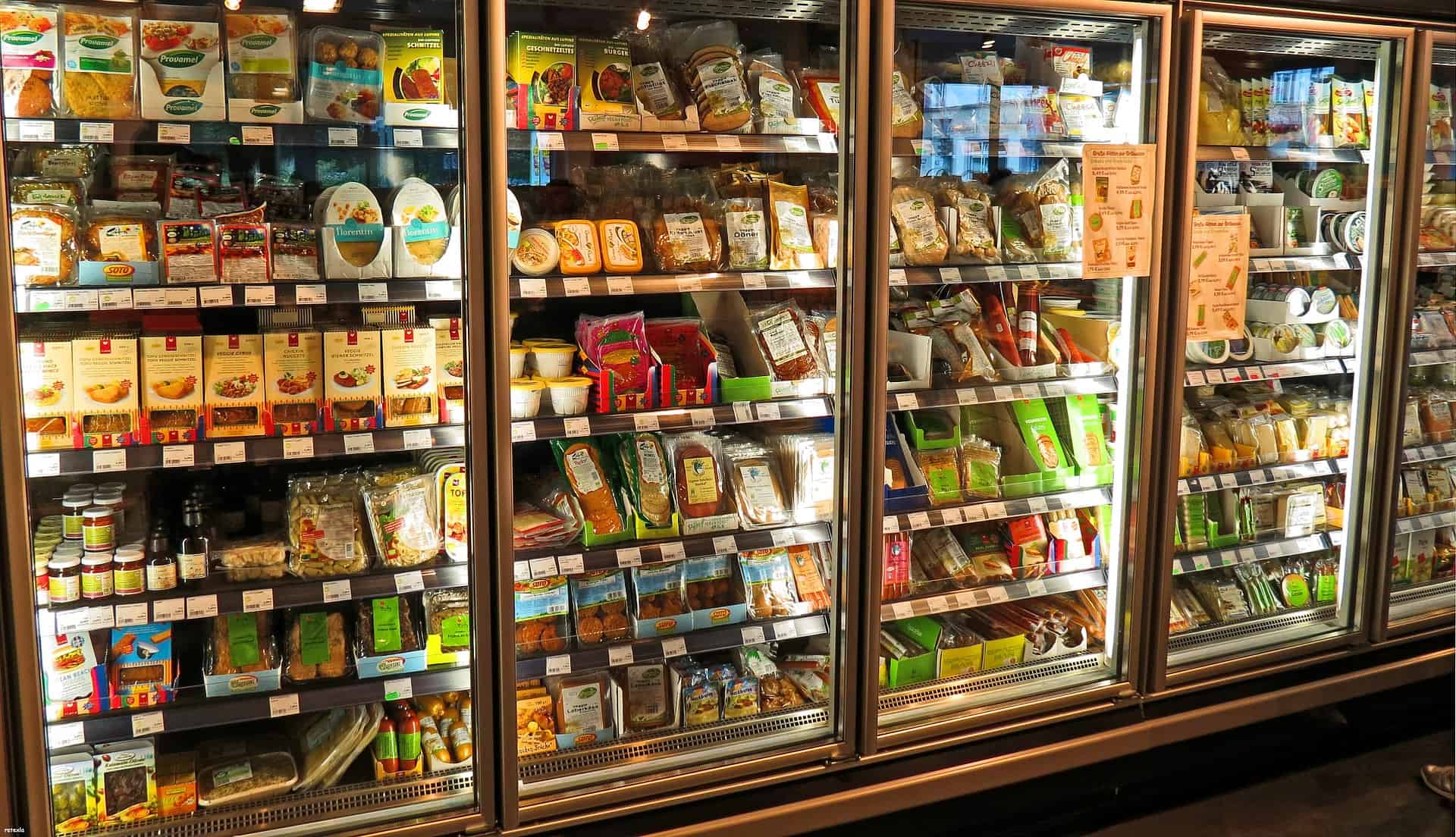The packaging sector for Food and Beverages caters to one of our most fundamental needs: hygiene.
Due to the Covid-19 outbreak, the F&B industry has been forced to develop new solutions to meet customer demands for enhanced food safety while ensuring global sustainability.
There has been a dramatic increase in worldwide interest in food safety since the onset of the epidemic.
Around $2.7 billion worth of food packaging was sold in the UAE in 2020, and the business is expected to rise to $3.4 billion in the next five years.
As demand for safe food grows, the food and beverage industry has an opportunity to partner with private and public sectors to meet the needs of consumers while ensuring the safety of both people and the environment.
Changes in customer behavior primarily drove the industry’s operations during the pandemic, and is expected to continue to do so.
How did the GCC’s consumer activity change in the last few years, and how could companies meet their needs despite the rising prices?
Basic needs

“Today’s consumers are more environment-conscious than ever, and the demand for sustainable packaging solutions is expected to grow in 2022,” Tetra Pak Arabia Managing Director Niels Hougaard told TRENDS.
Environmentally friendly products are often made from materials that may be recycled and composted.
Using lightweight, recyclable corrugate for packaging printed on is an excellent way to create awareness about the business and its dedication to sustainable practices.
The Gulf Cooperation Council (GCC) countries have launched several initiatives to educate consumers about recycling and sustainable consumption practices.
However, an analysis by BCG shows that governments, businesses, and civil society in the region face a difficult task working with local governments to put climate change concerns into action.
The GCC countries currently recycle, reuse, or recover only about 10 percent of the plastic and metal waste they generate, compared to the global average of 32 percent.
Post-pandemic consumer satisfaction
Because of the pandemic’s impact, consumers have been forced to reconsider their values and objectives in order to ensure a more robust and sustainable future, as shown by the most recent Tetra Pak Index.
Environmentalism is at an all-time high, according to Hougaard.
Pollution and plastic litter in the ocean are the joint top environmental worry (83 percent).
Global warming closely follows, cited by over three-quarters (78 percent) of consumers.
But, again, this is ahead of food waste (77 percent) and accessibility (71 percent).
Additionally, the epidemic has put a spotlight on public health and revealed weaknesses in our food systems, making these issues a major priority for the public.
Moreover, two-thirds of the survey’s respondents (65 percent) said staying healthy equates to staying safe.
Congruent with this increased awareness, there has been an increase in demand for immune-enhancing dietary products.
Sustainability in F&B
Hougaard is of the opinion that the ideal food package is one that “considers people’s basic needs while keeping food safe and the planet unharmed.”
The ambition is mainly that all packages are collected and recycled, and never littered.
Hougaard said: “Tetra Pak collaborates across the recycling value chain to design for recycling, create consumer awareness and engagement, assist collection and sorting, enhance recycling capacity and solutions, grow recycled material use and applications.”
Tetra Pak recently announced “Go nature. Go carton.”, a global campaign that promises to create the world’s most sustainable food packaging that not only serves the needs of the food business and customers but also has a reduced environmental impact.








